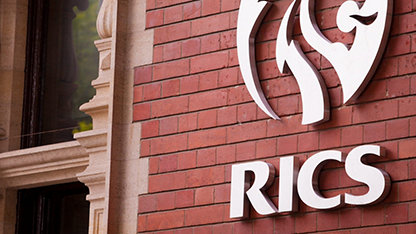How will councils cope with new trends in construction?
The UK built environment sector has seen rapid transformation in recent years – particularly in construction and the types of material used. Among the reasons for this are changing attitudes to climate change and manufacturing, and the impact of the pandemic and Brexit on supply chains.
Several key trends are now emerging, such as a move towards sustainability and increased use of technology in building design. With such rapid changes, though, how are local authorities and their plans for construction affected?
Under pressure to ensure a sustainable future
Global issues such as climate change have prompted governments around the world to set net-zero carbon goals, with the expectation that the construction industry will use more sustainable materials for projects and contribute to reducing emissions.
The effort to reduce carbon puts pressure on councils, however. Retrofitting existing properties is increasingly preferred to building new ones, because demolition leaves a high carbon footprint. But retrofitting can require modernising structures, upgrading energy supplies and fitting insulation. With councils being responsible for large portfolios, this can be a complex undertaking.
They also need to source new materials within limited budgets, which is increasingly challenging due to the rising cost of raw materials. Developing new supply lines takes time to organise, and making decisions about which materials to use in place of existing ones requires discussion.
Councils thus need to allocate time and resources to upskilling staff to keep pace with the transition to sustainability. There is an urgent need for up-to-date, relevant knowledge, and for the next generation of construction employees to understand in detail the way climate change affects their work.
Councils also need to consider the move towards greener energy. The government's Net Zero Strategy outlines its intention to develop energy infrastructure into something that is more sustainable. The construction industry will need to integrate this into projects – meaning councils will also need to plan it into future developments as well.
Making the digital transformation
Since digital technology's assimilation into the mainstream and the growing use of handheld devices, the way people interact with the built environment has changed. When entering buildings, people are now able to scan a card or fingerprint to enter instead of waiting for the door to be opened. Energy use can be managed from anywhere, even on the move, changing the way buildings are designed and how they function.
Technology has focused attention on smart cities and smart buildings when thinking about the built environment of the future. It has also led to councils undergoing digital transformation, thanks to their capacity to collect data and use it in strategic decision-making. This gives councils a better understanding of how spaces are used and where adaptations may be made to be more efficient, cost-effective or user-friendly.
How can RICS Support Packages help councils?
The pace of change in construction is presenting new challenges and opportunities in supporting local projects. RICS Support Packages provide professionals with up-to-date, expert knowledge and a variety of networking opportunities.
By learning with other professionals in similar circumstances, councils can strategise, share ideas and see what is or isn't working in different contexts. Packages can also be regional, allowing attendees from different councils to focus on the priorities for their area.
Find out more about RICS Support Packages for councils.













